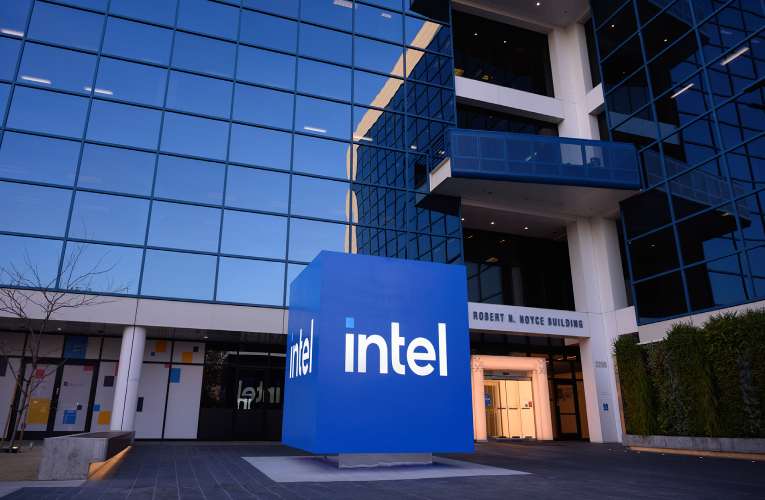
- Intel’s Open Platforms to Bring AI PC Experience to the Car
- Zeekr First to Bring Intel-powered GenAI Experience to Next-Gen EVs
The US based multinational corporation and technology company along with announcing AI everywhere strategy, also signed a deal to acquire Silicon Mobility, a fabless silicon and software company that specializes in SoCs for intelligent electric vehicle (EV) energy management. Intel also announced: a new family of AI-enhanced software-defined vehicle system-on-chips (SoCs), with Zeekr as the first original equipment manufacturer (OEM) to adopt the new SoC to deliver its generative AI-driven living room experiences to next-generation vehicles.
“Intel is taking a ‘whole vehicle’ approach to solving the industry’s biggest challenges. Driving innovative AI solutions across the vehicle platform will help the industry navigate the transformation to EVs,” said Jack Weast, vice president and general manager of Intel Automotive. “The acquisition of Silicon Mobility aligns with our sustainability goals while addressing a critical energy management need for the industry.”
The EV transition alongside customer demand for in-vehicle experiences fuels Intel’s strategy to enable the SDV. Intel also announced a commitment to deliver the industry’s first open UCIe-based chiplet platform for SDVs. Intel will work with imec to ensure the packaging technologies meet the rigorous quality and reliability requirements of the automotive industry. Intel will also chair a new industry-defining international standard for EV power management.
Today, Intel SoCs are in more than 50 million vehicles, powering infotainment, displays, digital instrument clusters and more. Tomorrow, Intel’s expanded AI-enhanced “whole vehicle” roadmap will move the industry toward a more scalable, software-defined and sustainable future.
Intel’s Open Platforms to Bring AI PC Experience to the Car
The new family of AI-enhanced SDV SoCs address a critical industry need for power and performance scalability. The family of SoCs feature AI acceleration capabilities from Intel’s AI PC roadmap to enable the most desirable in-vehicle AI use cases, such as driver and passenger monitoring.
A demo showed 12 advanced workloads – including generative AI, e-mirrors, high-definition video conference calling and PC games – running concurrently across multiple operating systems, including mixed critical use cases. The demo shows how automakers can consolidate legacy electronic control unit (ECU) architecture to improve efficiency, manageability and scalability – all while integrating their own custom solutions and AI applications.
“Intel’s AI-enhanced SDV SoCs combine the best of AI PC and Intel data center technologies necessary to support a true software-defined vehicle architecture,” Weast said.
Zeekr First to Bring Intel-powered GenAI Experience to Next-Gen EVs
Geely’s Zeekr brand will be the first OEM to use Intel’s new family of SDV SoCs. Andy An, president of Geely Holding Group and CEO of Zeekr Intelligent Technology, explained how forward-compatibility on Intel systems combined with Intel AI acceleration will allow Zeekr to continually scale and upgrade services to enable next-gen experiences customers demand, such as generative AI-based voice assistants.
Open Standards Key to Industry Success
To fuel a faster, smoother transition to EVs and a sustainable SDV, Intel and SAE International announced a committee to deliver an automotive standard for Vehicle Platform Power Management (J3311). Intel will chair the committee.
Inspired by proven-in-use power management techniques from the PC industry’s ACPI standard, the new SAE standard will accelerate progress by adopting and enhancing advanced power management concepts from the PC industry, helping all EVs become more energy-efficient and sustainable.
The standards committee currently includes industry representation from Stellantis, HERE and Monolithic Power Systems (MPS). The committee is open to additional industry participation, with the goal of delivering the first draft standard within 12 to 18 months.

